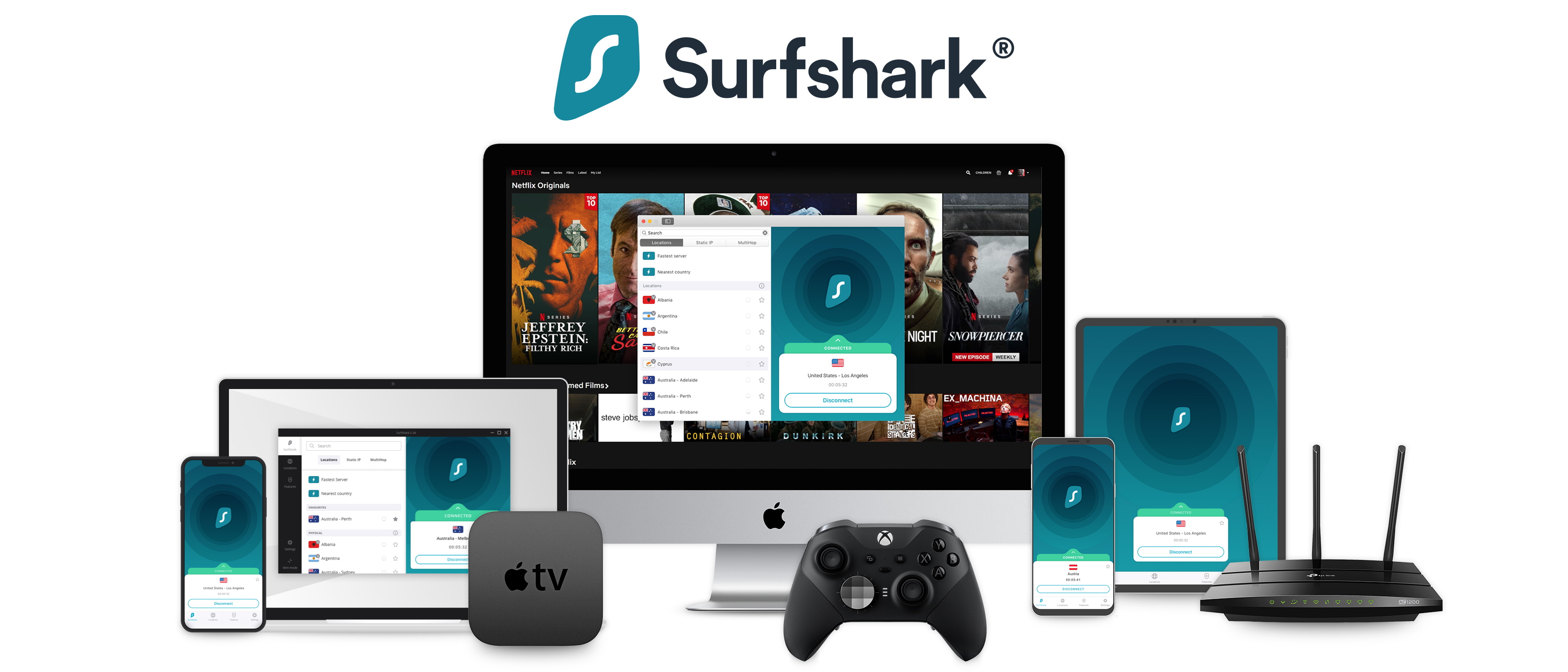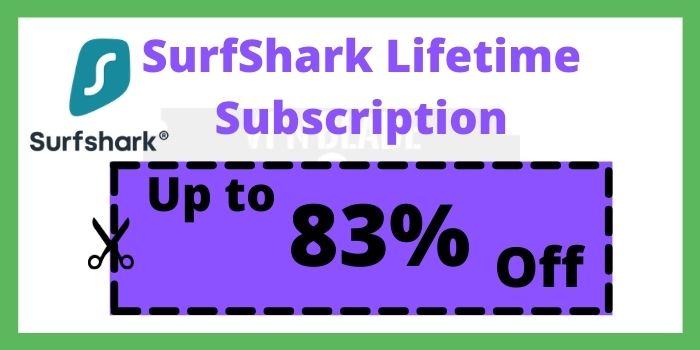

VPN B has good speed and minimal buffering, but you need to constantly connect and disconnect to get Netflix working. Let me play you a scenario VPN A (Surfshark!) lets you stream Netflix easily and steadily at any time. I’ve run Netflix over Surfshark over the past three months and had zero issues with Netflix or the BBC’s iPlayer so far.Īs a comparison to this, I recently also tested another service provider and the Netflix experience there was sub-optimal. Thankfully, Surfshark has never caused me any problems with streaming. I have tried so many VPNs that claim to allow Netflix streaming, but aside from top players such as ExpressVPN, NordVPN, and a handful of others, connection is spotty at best and I constantly get the dreaded ‘PROXY DETECTED’ message. I subscribe to Netflix and where I am, the regional media library is awful – so I use a VPN to watch Netflix US content. One of the key things I look out for in a VPN is their capability in overcoming geo-blocked content, especially when it comes to media streaming.

Interestingly speed test results were also quite good with a multi-hop Ħ. These are fixed routes whereby Surfshark runs VPN connections though pairs of secure servers, increasing the security of the connection for its users. Although limited in number, these can come in handy since most ISPs offer regular consumers dynamic IPs only and charge extra for fixed IP addresses.įinally, we also have the multi-hop connections. Their servers are also very capable and can handle all the protocols and features that Surfshark has to offer.Īside from that, Surfshark also has several servers that offer users a fixed IP address. Virtual locations are instances where the VPN provider doesn’t have an actual service in the country but I able to spoof your location as from the area. For a relatively new service provider, this is a very large network and something that many VPN service providers haven’t achieved even after years in the business.Īlmost all their servers are actual physical servers, with a handful of virtual locations. Surfshark has over 1,000 servers in more than 61 countries. Now that we’ve looked at the speeds you can get over Surfshark’s connection, it brings the next area under even more scrutiny – coverage area. I also tested the service for DNS Leaks and WebRTC leaks, both of which showed as negative. Surfshark is dedicated to offering a no-logs service which means that your Internet activity is kept anonymous. In short, that’s what allows a user to be tracked and identified. The information collected usually includes IP address, browsing history, network traffic, and more.

Internet activity is usually tracked using logs that are kept by the servers you connect to. This works in tandem with a kill switch system which you can use to sever the Internet connection automatically should there be any issues with the VPN connection.
SURFSHARK LIMITED FULL
Where some providers allow users to adjust the encryption rate for better performance, Surfshark runs full tilt with AES-256 bit. There have been user reports that Surfshark works for China-based users, but unfortunately I am not able to verify this at the current point of time.Īside from the secure handshake with VPN servers, Surfshark also has very strong encryption for the data transmitted though the VPN tunnel. The key reason for this is likely that Shadowsocks works well in China, a touch market for VPNs due to Beijing’s crackdown on such services. IKEv2 is also pretty good and works well with mobile networks.Īdding to this mix, Surfshark also offers Shadowsocks which is more known as an encrypted proxy. OpenVPN is generally accepted as the de-facto standard with high speeds and security. To accomplish this, Surfshark leverages on a few key protocols – the tried and tested OpenVPN as well as IKEv2. Ways to secure yourself and your business online.


 0 kommentar(er)
0 kommentar(er)
